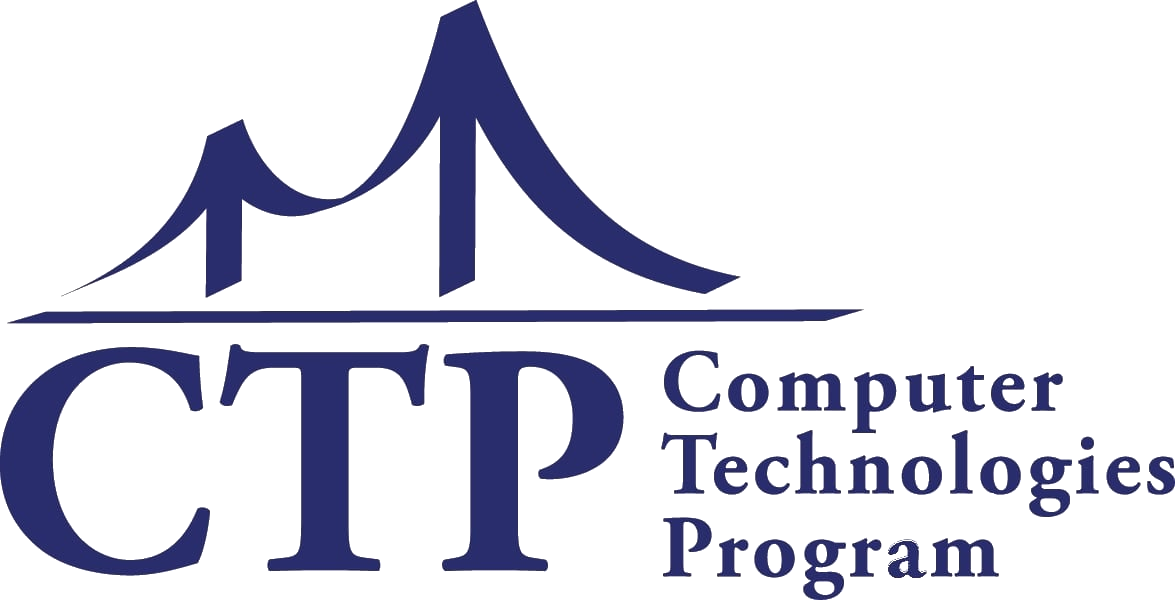510 849-2911 - [email protected] Remote Services
Forward to the Past! COBOL lives again
In 2000 (Year2K) the general perception of mainframes & COBOL was that they were a technology in their final days, soon to be replaced by modern technologies and modern languages. A funny thing happened on the way to the future — many companies found it much more difficult to replace their mainframes than they anticipated.
Now eight years later, these companies still rely on their mainframes and COBOL for critical day to day business transactions. Many of the largest banks in the US, state and federal governmental agencies and a wide variety of companies need their “legacy” systems to continue operations. It proved too costly and time-consuming to replace them.
Maintaining mainframes and old COBOL programing code takes skilled professional employees. Many or even most of the people who built these systems are now in or near retirement. The number of programming students graduating from college with COBOL training is extremely low.
All of this adds up to a new opportunity for CTP and its retired programmer training!
Between 1975 and 2000 CTP trained hundreds of people with disabilities for careers in COBOL programming. Now in 2009 we have begun again. Thanks to a grant and encouragement from Wells Fargo and a generous donation from Interskill of its courseware, CTP has begun early testing of the new course in January, 2009.
The new COBOL course is taught through a hybrid online e-learning style, where students can progress at their own pace while still receiving CTP’s unique personal mentoring. The online courseware allows students to work at their own pace, time and location. The in-person element keeps students engaged, on track and developing professional skill that have made so many CTP students successful over the years.
At this time CTP has several brave students working though the online material, discovering the secrets of the mainframe. Martha Wheeler, a retired COBOL programmer has created an outline of companion projects and advised us on compiler options. CTP is concurrently developing a milestone structure for the course to allow for flexible pacing.
The next steps include completing the details of the class to bring it to life. A student intake and orientation process needs to be developed to provide an easy way for students to get started and become successful. Milestone projects need to be created to give students the ability to demonstrate they have learned core concepts and methods.
Please note: This article was published in 2009 and COBOL training is no longer taught by CTP.

We in the tech world (through Slashdot) are always hearing about “dead” technologies. They usually don’t die but at most slowly come out of use. There are SO many COBOL jobs out there amongst other niche computer / tech jobs.
Even in a down turned economy there are still plenty of job openings for such persons. I learned COBOL early on but changed with what I thought was were the market was going.
As it turned out if I continued COBOL programming and non-PC based learning I would be very well employed now!